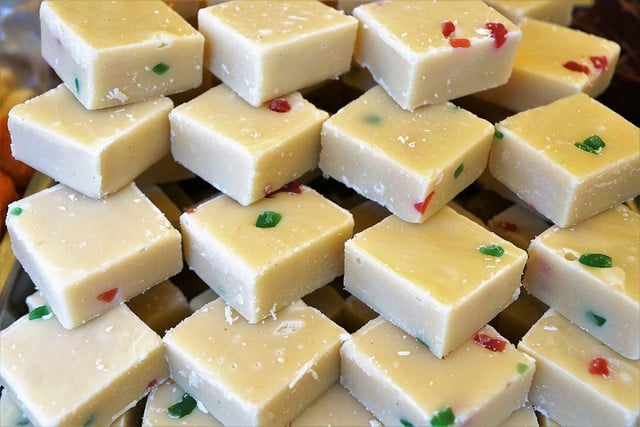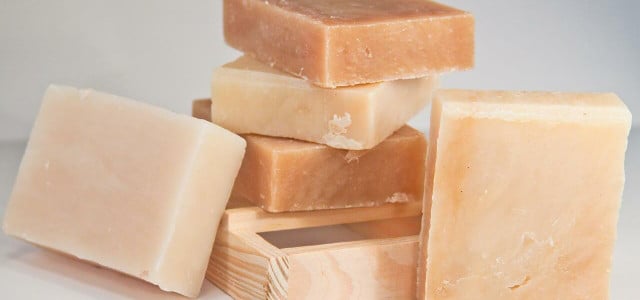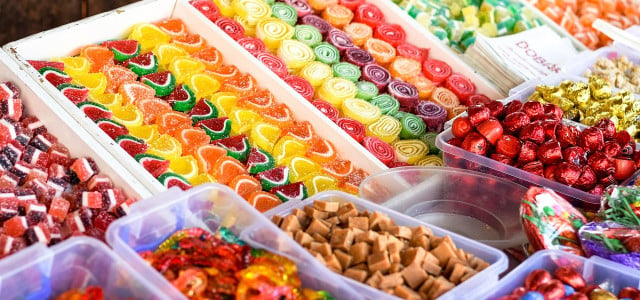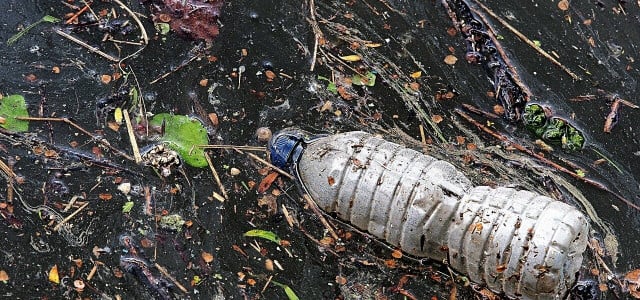Glycerin is commonly found in a wide variety of products, including cosmetics, medicine, and even food. We'll tell you what glycerin is, and whether or not it is vegan.
Glycerin is a thick compound made of carbon, hydrogen and oxygen. It does not occur naturally on its own, but is part of a larger molecule called a triglyceride. The triglyceride molecule is broken down into glycerine, by converting the original fat using a process called saponification, a reaction between oil and and alkaline, such as lye.
You can find glycerin in many lip balms, moisturisers and makeup products, where it is often added as a moisturising agent. Glycerin, right behind water and fragrance, is the third most commonly found ingredient in cosmetics products.
What Is Glycerin Produced? Can It Be Produced Vegan?
Glycerin can be derived from three sources — animal, plant or synthetic.
- If it is derived from animal products, glycerin is not vegan.
- Glycerin derived from plant or synthetic products however is 100 percent vegan.
You can check the ingredients list or labels on the product to see if the company specifies which type of glycerin is used, to determine whether it is vegan or not.
Did you know that you can use plant glycerin to make tinctures, without having to use alcohol?
Food Groups That Contain Glycerin: Vegan and Non-Vegan

(Foto: CC0 / Pixabay / la-fontaine)
With regards to food, glycerin is often added to processed foods in order to moisten them. It can also be added as a thickener or sweetener. Like other sugar alcohols such as xylitol and erythritol, glycerin is sometimes used as a sugar substitute. It is 60 percent as sweet as sucrose, which is commonly known as ‘table sugar’.
Common foods that contain glycerin include:
- Diary products
- Chewing gum
- Baked goods
- Processed vegetables, for example canned or precooked
- Fermented drinks such as beer and wine (Tip: Utopia Guide to Vegan Booze)
How Does Glycerin Affect the Environment?



(Foto: CC0 / Pixabay / photosforyou)
Studies have found that the processing of glycerin is one of the most energy intensive chemical processes. However, the study also specifies that its impact could be reduced by almost half if natural gas is used instead of fossil fuels.
If glycerin is a product of animal fats and oils, petroleum or palm oil, it means that its purchase can indirectly have negative environmental impacts such as harmful slash-and-burn farming and deforestation as an effect thereof. Manufacturers, depending on what raw material they produce their glycerin from, take different steps to mitigate its environmental impact: some make sure to use only organically sourced palm oil, for example. Unless the vegetables used are organic, the vegan glycerin produced from veggies could entail GMO — so that’s another thing you might want to look out for.
The good news is: once glycerin is produced, it is biodegradable. This means that when it is released into the environment, it is distributed with water, air and soil and it can naturally decompose.
Read on:
- 3 Bubble Solution Recipes: How to Make DIY Bubbles Without Glycerine
- How to Make Homemade Playdough: An Easy DIY Recipe
- Homemade Dish Soap: DIY Dish Soap and Dishwasher Detergent
Important Information regarding Health-related Topics.
** Links to retailers marked with ** or underlined orange are partially partner links: If you buy here, you actively support Utopia.org, because we will receive a small part of the sales proceeds. More info.Do you like this post?








